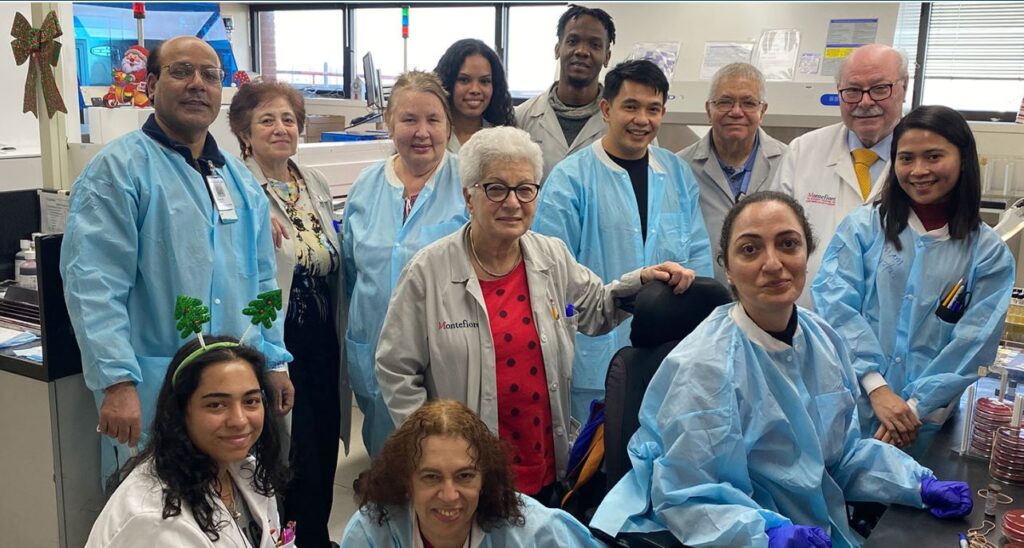
Photo by Amy Sacks / Montefiore-Einstein
When Marta Gavora immigrated to the United States from communist Czechoslovakia with her younger sister in 1969, she was just 23 years old and spoke no English. While helping to organize a dermatological symposium held in Bratislava in then-Czechoslovakia in 1966, she came across a scientific paper presented by a Montefiore physician.
Soon after her arrival in New York, she took a chance and contacted the doctor who later helped her land a position at Norwood’s Montefiore Medical Center, as a clinical laboratory technician in the microbiology lab. Last month, after 54 years on the job, the Queens and former Bronx resident reluctantly retired.
On Jan. 4, her lab colleagues threw her a party and presented her with a plaque. They recently spoke to Gavora about her incredible journey from the former Eastern Bloc, as well as her long, stellar career at the private hospital, which is also the academic medical center and university hospital for Albert Einstein College of Medicine.
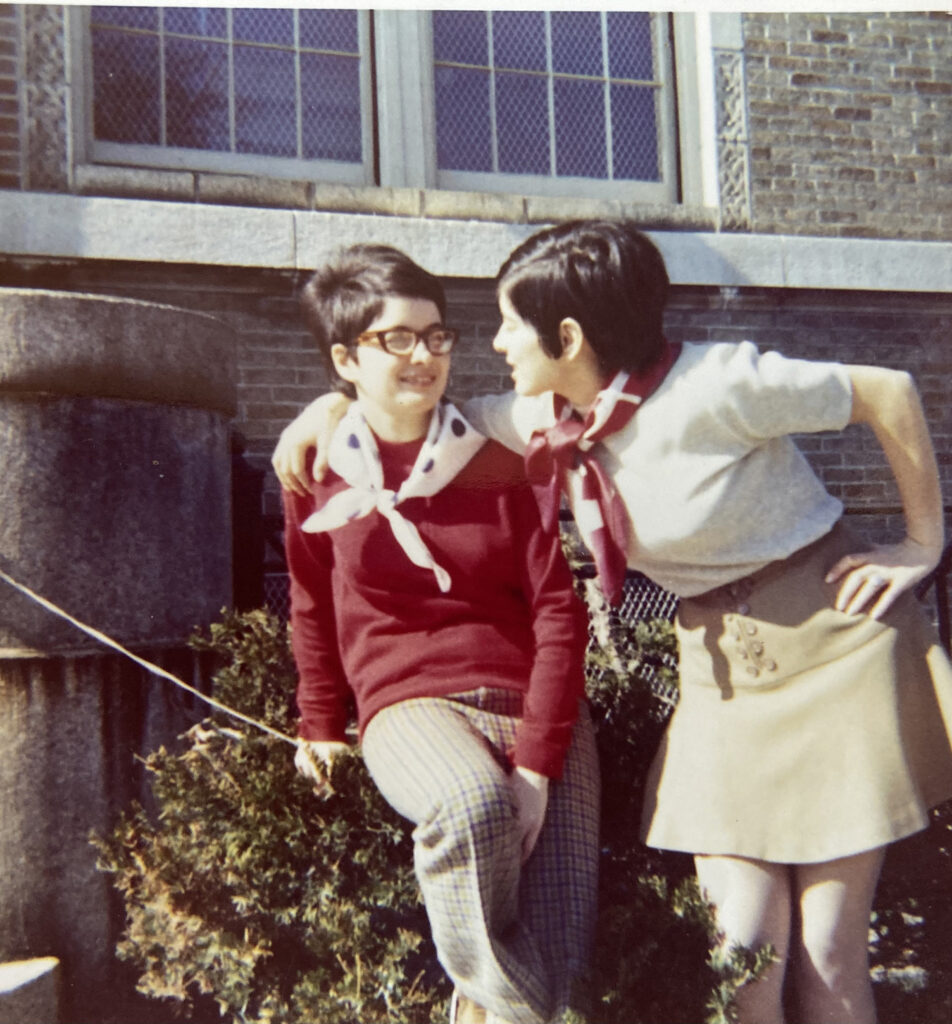
Photo courtesy of Viera Novak
According to the Microbiology Society, microbiology is the study of all living organisms that are too small to be visible with the naked eye, collectively known as microbes. The job involves laboratory testing.
Gavora said when she first joined Montefiore, it preceded automation, when the processing of specimens was much slower and required more background knowledge about microbiology than what is needed today. “It was like being Sherlock Holmes, piecing together clues to solve medical mysteries,” Gavora, now 77, recalled of her early days.
Over the years, Gavora mastered English and earned a degree to become a certified laboratory technician. In her 54-year career at Montefiore, she and her co-workers have identified countless microorganisms that have helped physicians diagnose infectious diseases. She has also mentored many interns and trainees and formed lasting friendships.
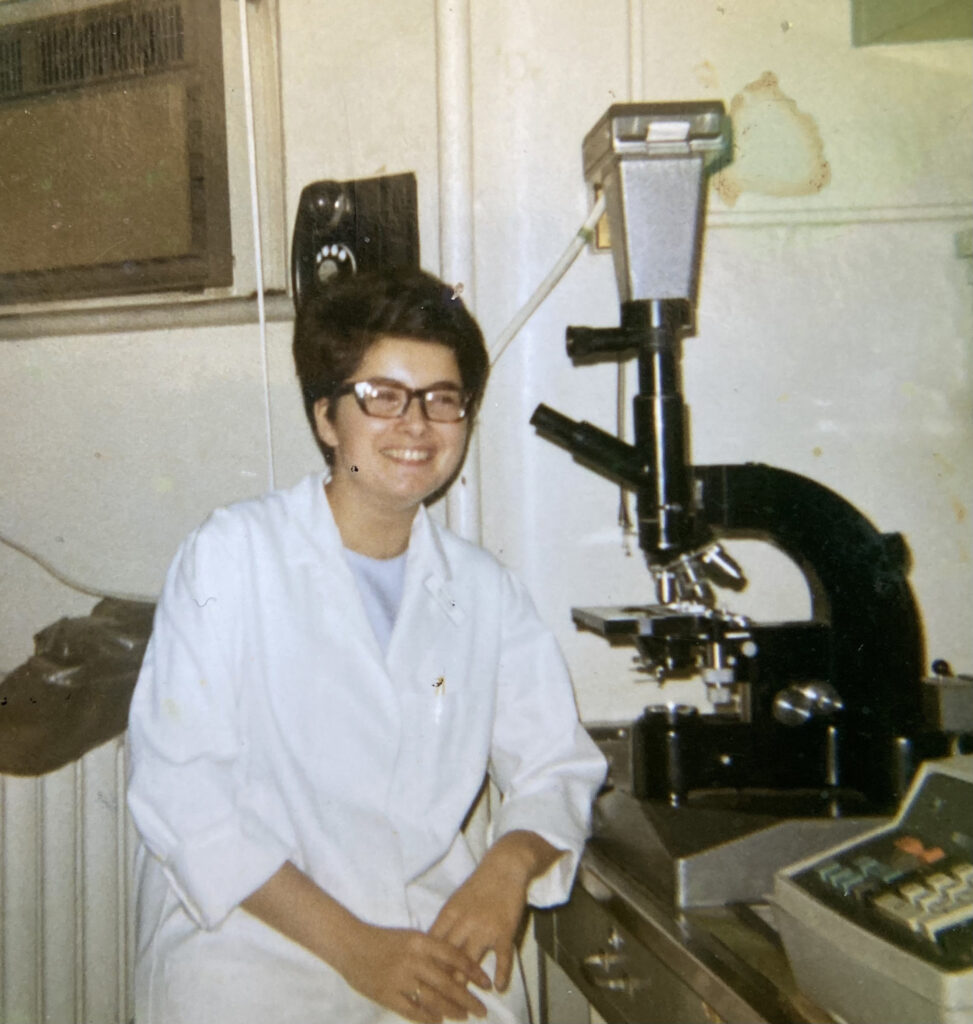
Photo courtesy of Viera Novak
Philip Gialanella, MS, assistant director of the microbiology lab and Gavora’s supervisor, has worked with her for 42 years. He described her as a pioneer who has significantly impacted the hospital’s microbiology lab. “Marta is very conscientious and patient-oriented and wants to work on specimens as soon as possible and give accurate results,” he said prior to her retirement. “Through the years, she has done a great job teaching residents, fellows, and other interns and students that come through the lab.”
Gavora was born in 1946, right after World War II. “My family lived in a village where my father was a manager of a farm,” she said. “After graduating from vocational school for industrial chemistry, I got a job in a mycology research laboratory in a hospital.”
She said that in 1968, her homeland experienced significant changes. After a period of reform and relaxed rule, she said incoming Soviet and allied armies brought repression, persecution, and strict limits to personal freedoms.

Photo courtesy of Viera Novak
“After the invasion, my sister and I decided to leave the country, but my parents wanted to stay behind. As refugees, we had to wait in Austria and Italy for the necessary immigration papers and arrived in the United States in the spring of 1969,” Gavora said. “We got an apartment in The Bronx for about $84 a month.”
Her prior lack of English worried her but she said the Montefiore lab director who hired her said no one needed to know that and offered her a chance to train for three months without pay. “After that, I earned a training license in microbiology and later pursued a bachelor’s degree in biology,” she said.
“I learned to speak English and microbiology on the job. My journey to Montefiore resulted from persistence, support from refugee organizations, and my determination to excel in microbiology, despite the language barrier and initial challenges I faced,” Gavora added.
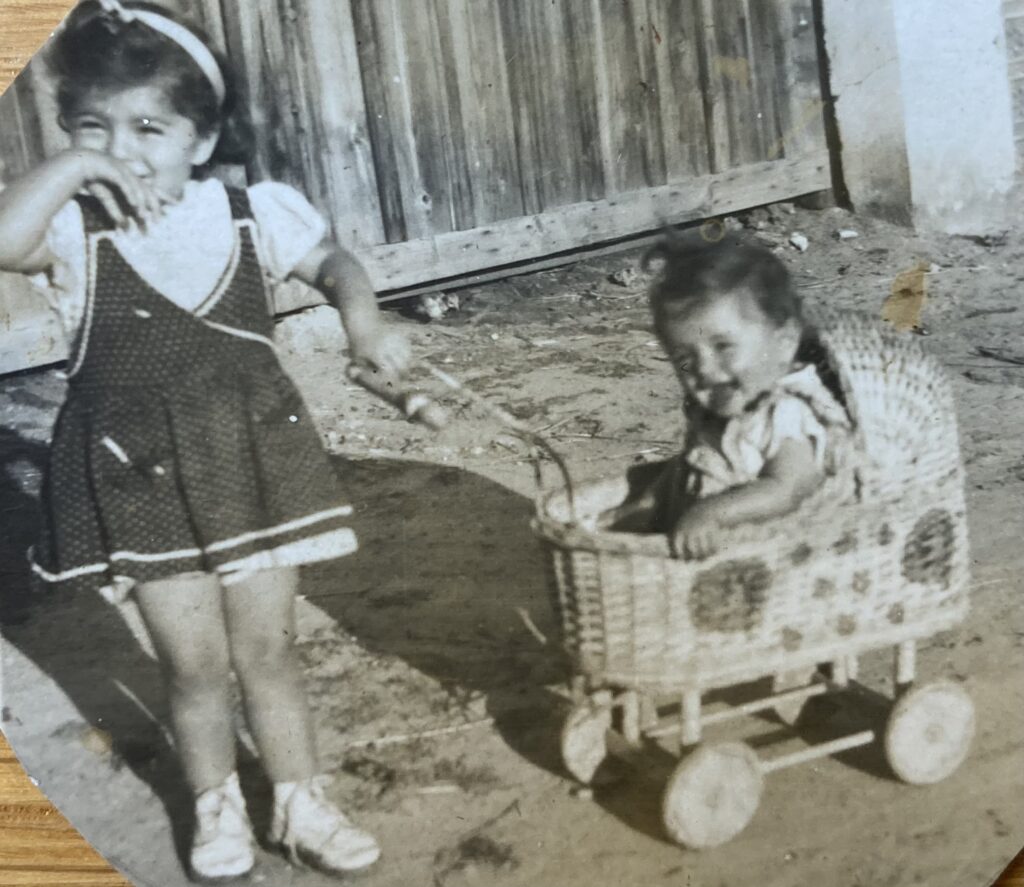
Photo courtesy of Viera Novak
The retiree went on to say what she enjoyed most about her career was working with a diverse group of colleagues and medical professionals. “I love the detective-like aspect of microbiology, of identifying and understanding various microorganisms, and determining antibiotic responses,” she said. “I also enjoyed teaching the residents, infectious disease fellows, and newly hired co-workers.”
Referring to the advances in automation and science over the years, she said, “I found it very intellectually stimulating. Working with tuberculosis was like watching the grass grow. It could take four to eight weeks to grow in culture and then longer to identify. Now, PCR (polymerase chain reaction) tests can detect it much faster, giving doctors the ability to treat patients sooner.”
Asked about the most exciting case she had seen during her 54-year career, Gavora said, “Brucella melitensis was an organism that took us by surprise. The bacteria comes from eating or drinking unpasteurized, raw, dairy products from infected sheep, goats, cows, or camels. We had never seen it, didn’t know which way to go, and needed tools to identify it. We had to send the specimens to the CDC for identification.”
Gavora said inhaling the bacteria could cause infection, so working with the bacteria meant taking great precaution. “We all had to take two antibiotics for three weeks as preventative treatment,” she said.
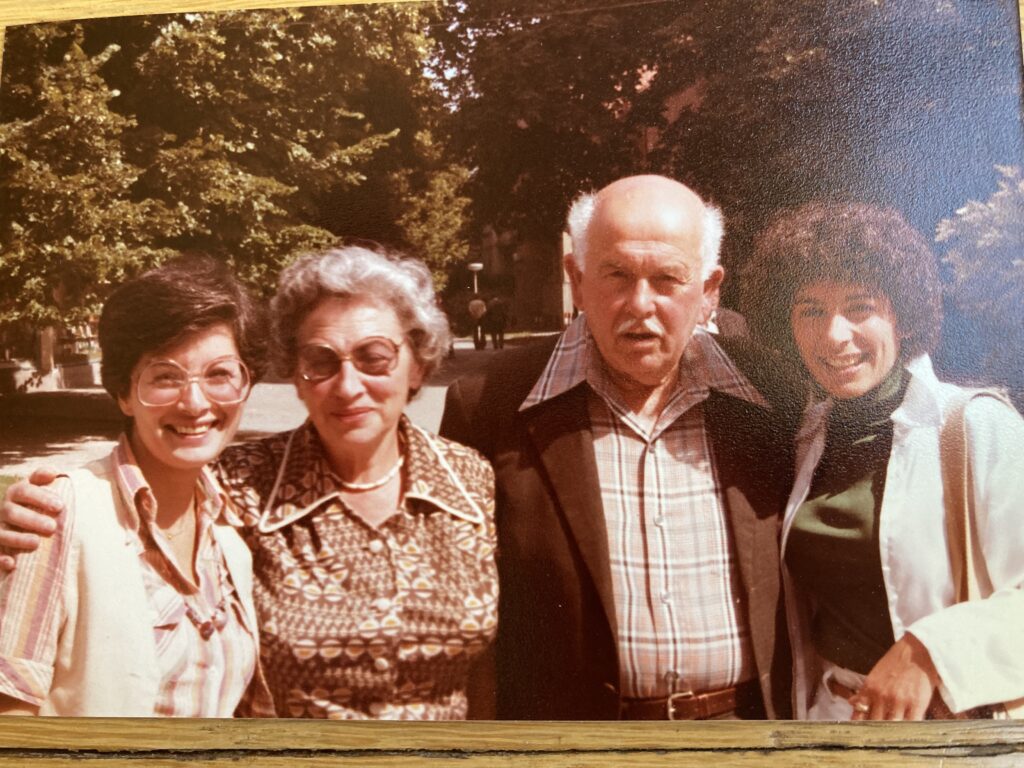
Photo courtesy of Viera Novak
“Some of us thought the combination of antibiotics changed our metabolism. For two weeks, I had a craving for fried chicken, and some people craved bacon. It was a significant learning experience for our team that highlighted the importance of continuously expanding our knowledge in microbiology.”
Asked about the most challenging part of her job, Gavora said, “Dealing with infectious diseases and pandemics like COVID-19 has been a challenge. We’ve had to adapt to changing circumstances and rapidly identify new pathogens. It’s critical work but it can be emotionally draining, especially during a pandemic when lives are at stake.”
When asked what words of wisdom or advice she would offer individuals considering a career in microbiology, Gavora said, “Follow your passion. It will be a fulfilling career if you genuinely enjoy the work and find it intellectually stimulating.”
She added, “Be amenable to learning and adapting to new technologies as the field evolves. Additionally, always prioritize safety and take precautions when dealing with infectious agents.”
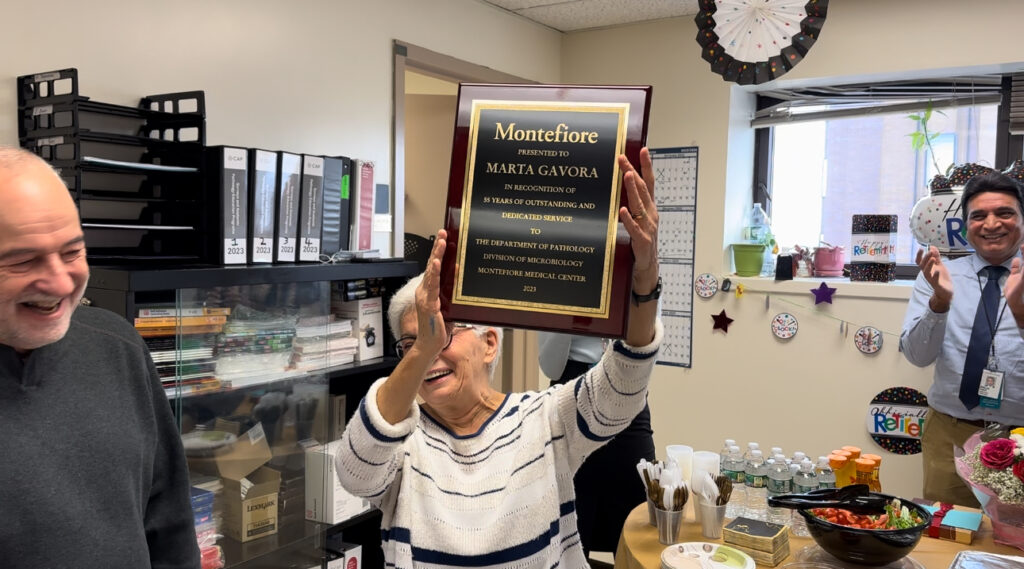
Photo by Deborah Haffeman / Montefiore-Einstein
Gavora was also asked what she was looking forward to in her retirement. “I plan to enjoy gardening, exploring new hobbies, and spending time with my husband, George, who’s retired and my daughters, Andy and Michelle,” she said. “I may even do some traveling.”
Norwood News spoke to Gavora’s younger sister, Viera Novak, a physical therapist who lives in Larchmont, NY, about living behind the “Iron Curtain” as well as Gavora’s retirement milestone. Novak spoke of vivid memories in the former Czechoslovakia of one day, early in the morning, seeing people everywhere listening to a transistor radio not to a big soccer game, but to news that the country had been invaded by Russia.
“I didn’t have a TV or anything,” Novak said, adding that Gavora was then working in Bratislava, the capital of now Slovakia. She recalled seeing Russians in her small town. “They didn’t shoot or anything,” Novak said matter-of-factly. “They were just passing through to the capital.”
She added, ‘They just damaged some buildings and nothing really much, took the president out, and then put their own president there, and we were under the lock.” She said the siblings finally got out, obtaining a special visa, and traveling through Austria by train. She said her parents first visited the U.S. in 1976, after surviving the decades-long, Russian occupation of their homeland in hiding.
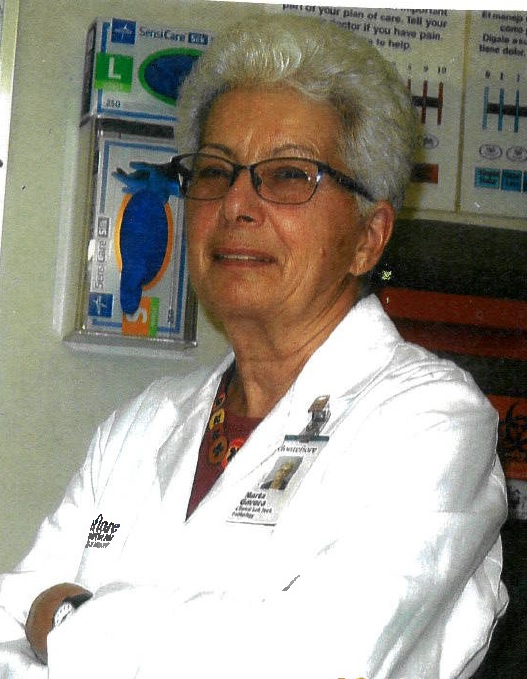
Photo courtesy of Montefiore Health System staff
Novak said close to 100 of her family members, who were Jewish, as is she, died, many in Auschwitz. “My mother always wanted to be cremated, even though it is not the Jewish tradition,” she said. “It is actually against the Jewish tradition, because all her family were cremated against their own will.”
Of Gavora’s milestone, Novak concluded, “My sister is very shy but together, we went to ask [the Montefiore physician] if they had a position. He was very nice. He said ok. She can be on a three-month training, and after three months, I guess she proved herself!”




